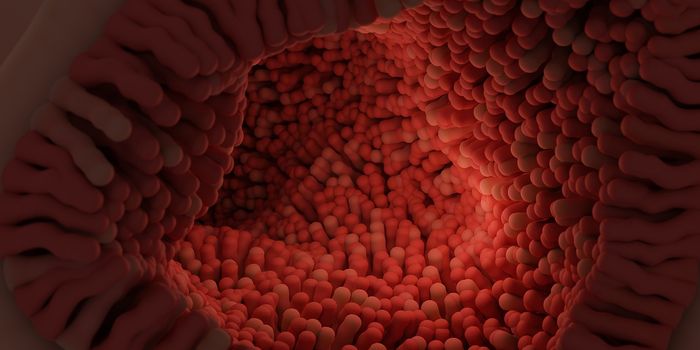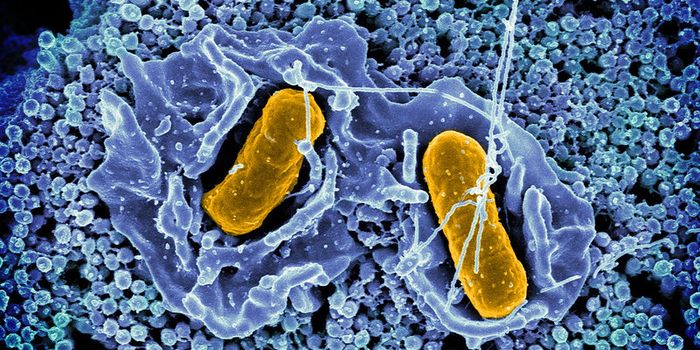Traumatic Childhood to Addiction, an Immune System Problem
Addiction is defined as the chronic, relapsing disorder characterized by compulsive drug seeking and use despite adverse consequences. Every year the misuse of alcohol, nicotine, and illicit drugs, and misuse of prescription drugs cost Americans more than $700 billion a year in health care costs, crime, and lost productivity. Annually drug and alcohol use contribute to the death of more than 90,000 Americans. Addiction, like other diseases, disrupts normal, healthy functioning organs in the body, and has serious harmful effects that are preventable and treatable in most cases. Traumatic childhood is one of the risk factors for developing an addiction, but the biological mechanisms that underlie this relationship are currently understudied. A recent study published in Biological Psychiatry looks at the link between adverse childhood experiences, the immune system, and the effects of psychostimulants in relation to addiction.

The study induced psychosocial stress in 2-week-old mice by exposing them to threatening male mice, followed by an examination of the brain immune cells of the mice in adulthood. The early stress altered the structure of the brain immune cells in a particular brain region associated with the reward system and drug-seeking, and increased response of the brain immune cells to cocaine. Effects of early social stress on the peripheral immune system included an increase in the release of inflammatory molecules from white blood cells, which was amplified by exposure to cocaine, compared to control mice. Blocking immune activation during early life stress in the mice, by use of pharmaceuticals, prevented the development of susceptibility to cocaine in adulthood. The mice who received this pharmaceutical during social stress did not show cellular changes or drug-seeking behaviors seen in non-treated mice.
On a genetic level, the study compared immune system function of 38 cocaine addicts and 20 healthy volunteers. The results showed that levels of gene expression essential for immune system function increased in those with childhood trauma, both in addicts and healthy volunteers. Individuals who experience childhood trauma and addiction had the highest levels of gene expression. This research adds to the evidence that adverse effects of early life trauma on brain development lead to complications into adulthood. "Our work emphasizes once again the importance of the emotional environment where our children are raised and how much a serene and stimulating environment can provide them with an extra 'weapon' against the development of psychopathologies," said Dr. Carola.
National Institute on Drug Abuse








